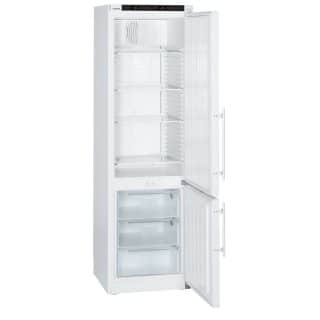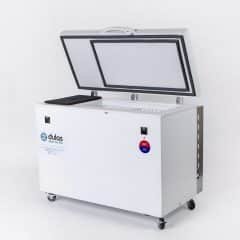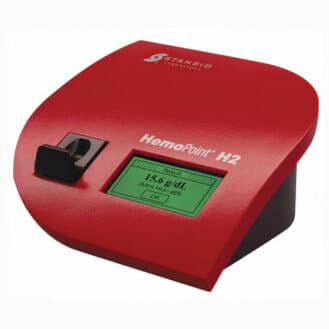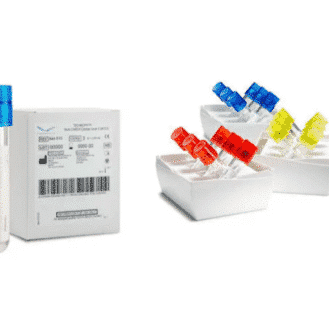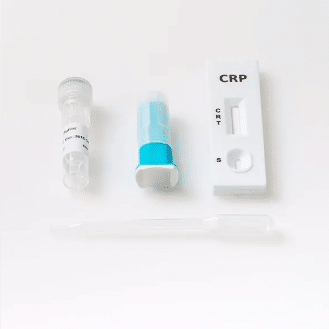Refrigerators used in the medical and scientific fields are mostly intended for the conservation and storage of reagents, biological samples and medication. In this guide, we will see how they differ from household refrigerators used in everyday life.
From one manufacturer to another, refrigerators have a number of different features and options available. Depending on the model, the temperature ranges may be different. Combination refrigerator-freezers usually have at least two independent compartments: one operating as a freezer (with a temperature below 0 degrees celsius) and the other as a refrigerator (with a temperature above 0 degrees celsius).

